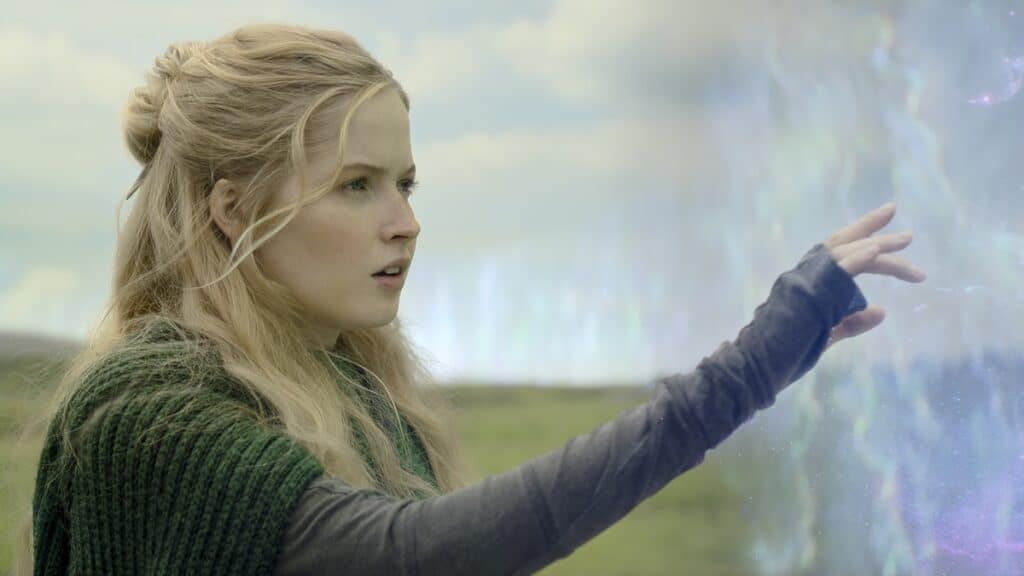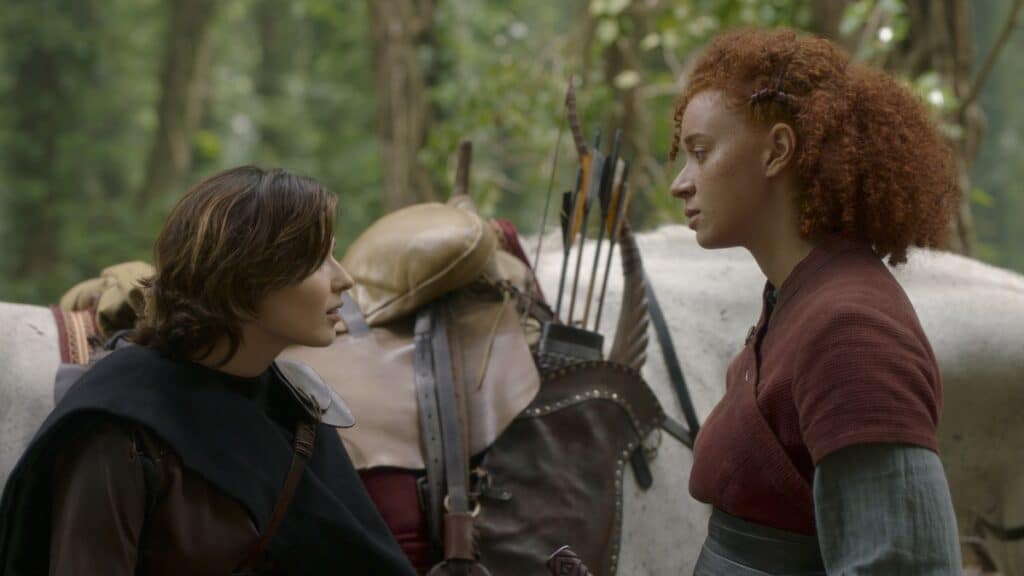Read also:
How to Watch FX Live Without CableHow To Watch AMC Without CableHow to Watch ABC Without CableHow to Watch Paramount Network Without CableReturning to the fantasy world for a Disney+ streaming series proves to be more frustrating than exciting.
Willow didn’t catch on as a pop culture phenomenon like fellow Lucasfilm properties Star Wars and Indiana Jones upon its release. Still, it did ultimately achieve cult status. In these IP-obsessed times, that made a return to its fantasy realm all but inevitable. After all, Disney is giving every nostalgic property it owns a streaming sequel.
Taking place decades after its predecessor and following a horde of new characters, Willow is, unfortunately, less emblematic of the charming magic of the 1988 movie. Instead, it falters into some of the more troubling trends in streaming television.
As this new Willow adventure begins, viewers learn a vision of impending new evil experienced by the sorcerer Willow (Warwick Davis) has led to some drastic changes. Queen Sorscha’s (Joanna Whalley) mandate forbids magic across the land. Sorscha’s forces have also hidden the infant Elora Danan to shield her from possible abduction by evil forces. Alas, even the best of plans can only keep the darkness at bay for so long. Decades later, a new evil arrives with little warning, snatching Sorscha’s son and forcing the formation of a new fellowship to fight these horrors.

Among our heroes are Sorscha’s daughter, the rebellious Princess Kit (Ruby Cruz), knight-in-training Jade (Erin Kellyman), and, of course, Willow. Besides saving the world and venturing to unexplored territory, this gaggle of fantasy heroes will have to contend with an assortment of personal hang-ups and self-doubts. For romance fans, there’s also a budding flirtation between Kit and Jade.
In the second episode of Willow, Kit remarks to the thief Boorman (Amar Chadha-Patel), “I’m not in the mood for banter.” Viewers will feel the same after enduring the deluge of sarcastic quips and self-referential dialogue peppered throughout the series. It’s admirable of the writers to try to give Willow a different comedic vibe than the original movie. However, that aesthetic proves both deeply derivative of so many other modern pop culture properties and largely laugh-free. Worse, the attempted gags are often intrusive and distracting.
[Willow] falters into some of the more troubling trends in streaming television.
The comedy of Willow is a microcosm of greater writing problems. Like so many streaming TV shows these days (hi Obi-Wan Kenobi!), this series feels like a movie script stretched beyond its limits to fill out six hours of television. Fantasy has a rich history of thriving in the confines of episodic television, but Willow doesn’t take the right lessons from that history. Instead, it’s consistently overly focused on fleshing out mythos and exposition dumps at the expense of enjoyable standalone adventures.
Because of these wonky narrative priorities, several seemingly crucial characters–for example, Prince Graydon (Tony Revelori)–get lost in the shuffle. The same go for intriguing subplots like Kit and Jade’s evolving romantic relationship. The presence of a queer romance is always a good thing, but the first episode’s ending puts these characters and their dynamic on the back burner. The series can’t seem to stop undercutting its best elements.
The wonky pacing and lack of compelling characters would be less of an issue if it were at least being pushed aside for some sweeping excitement. But Willow seems stagnant on that front, too, failing even to field an especially frightening, memorable baddie. So far the primary villain, a being called The Withered Crone, remains an unseen mystery acting through her orc-like minions. Rather than generate intrigue, this choice strands the character as too vaguely realized.

Few things keep Willow from being absolute hogwash. Composers James Newton Howard and Xander Rodzinski shine brightest in these inaugural two episodes. They do a fine job evoking the aesthetic of James Horner’s score from the original film while adding unique flourishes to the musical landscape of this franchise. The classical quality of their compositions is a relief from distractingly modern dialogue and end-credit needle drops.
The series also receives a substantial boost from Warwick Davis, not missing a beat in reprising the titular lead. As the scripts short-shrift the characters around him, it’s heartening to see Davis get enough of the spotlight.
Whether you wore out your VHS copy of Willow or you’re just looking for a new fantasy TV show, it’s doubtful Willow will do much to grab your attention. Willow does nothing to either separate itself from the pack of fantasy shows available now. Most are doing better, truth be told. Even as diverting entertainment, it falls flat. It’s always good to see Warwick Davis, but he can’t distract from Willow as an example of streaming storytelling gone badly awry.
Willow explores the dark territories now on Disney+.